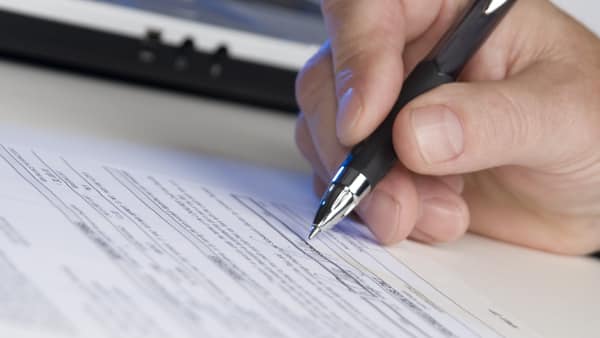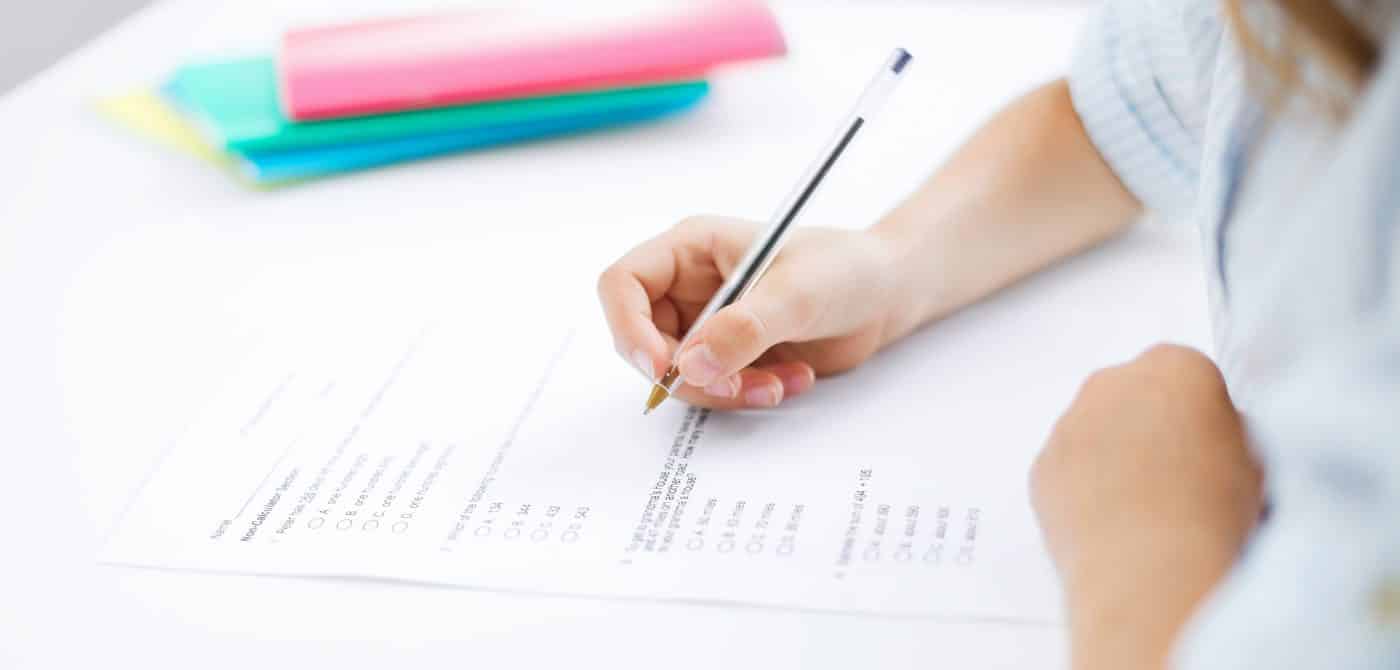TSA TEST PRACTICE PAPERS
If you’re thinking of heading to Oxford or Cambridge for university, then you’ll need to be prepared to sit the Thinking Skills Assessment. Designed to test skills rather than raw knowledge, the TSA Test can be brutally difficult for the unprepared. Read on to find out what you need to know in order to pass the Thinking Skills Assessment, and get access to our TSA Test Practice Papers!
What is the TSA test? (Thinking Skills Assessment)
The Thinking Skills Assessment (TSA) is a test used by some prominent UK universities as part of their admissions system. Oxford University, the University of Cambridge, and University College London (UCL) all implement the TSA test as part of the screening process for students applying for places in their institutions.
The content of the TSA Test is different to that of tests you’ve taken in the past. Most of the exams that you sit at GCSE and A-Level are knowledge-based: they test your ability to remember and make use of information that you’ve learned throughout the course. Preparing for this kind of test is relatively simple – learn the content that will most likely appear in your exam, and you’re usually good to go.
However, the TSA Test works differently. Unlike other tests you’ll sit during your GCSE and A-Level exams, the TSA requires no specific prior
knowledge. In other words, there are no specific facts that you need to know in order to pass the TSA. However, this doesn’t mean you can just walk in and ace the test on your first attempt! The TSA focuses less on raw knowledge, and more on skills and understanding. In other words, the TSA is less interested in what you know, but rather how you learn and think.

TSA TEST PRACTICE PAPERS – QUESTION TYPES
The types of question in the TSA fall into the following main categories:
- Critical thinking/comprehension;
- Numerical reasoning/mathematical problem-solving;
- Non-verbal/spatial reasoning.
Let’s take a look at these general categories in more detail.
Critical thinking questions in the TSA test your ability to think critically and evaluate a body of text. In these questions, you’ll often be asked to analyse or evaluate an argument or discussion. The passages aren’t especially long – they’re usually between 5 and 10 lines long – but are dense with information. These questions are extremely common in the TSA, usually contributing a significant chunk of the questions to the overall test.
Numerical reasoning or mathematical problem-solving questions ask you to solve a mathematical problem. These questions are almost always scenario-based, so you will need to carefully read the passage and/or images, find the relevant mathematical information, and then answer the question. While you won’t need to do any advanced maths, these questions can be quite complicated and need to be followed carefully.
Non-verbal or spatial reasoning questions will examine your ability to think both laterally and logically about physical objects, patterns, and three-dimensional space. This question type can manifest in a range of ways. Some questions will require you to use spatial reasoning to solve cube-net puzzles, whilst others will have you spotting and matching patterns. While these questions are less common than the numerical and verbal reasoning questions, they still appear frequently enough for them to be worth preparing as much as possible for.
SAMPLE CRITICAL THINKING CONTENT – TSA TEST PRACTICE PAPERS
As previously mentioned, the critical thinking questions will focus on your ability to read and evaluate an argument or area of discussion. You’ll be provided with a short passage, then you’ll be asked a single question about it. Here’s an example of a TSA critical thinking question:
Rail fares in the UK are too high. Commuters to London from the surrounding area are forced to pay thousands of pounds on season tickets per year, meaning that a significant portion of their yearly salaries are spent on travel. To make matters worse, commutes are often long, uncomfortable, and riddled with delays. Despite the amount that train companies charge, they continue to be bailed out by the government, meaning that commuters then pay even more out of their taxes. The government should force rail companies to lower or freeze the price of their fares for the sake of businesses and commuters.
Which of the following is an assumption made by the above argument?
a) That if the government forced rail companies to charge less, then this would benefit commuters.
b) That a system regulated by the government would work better than the privatised model.
c) That the rail companies are greedy.
d) That rail companies are wasting money.
e) The government is incapable of controlling what rail companies charge.
TSA Test Practice Papers – How to Answer This Question
The challenge here is to think carefully about the underlying principles that the argument relies on. In this case, it’s answer option B:
b) That a system regulated by the government would work better than the privatised model.
This is the correct answer because the passage claims that if the government intervenes and forces rail prices to be lowered, then this will benefit commuters. However, this relies on the assumption that government intervention at all would work better than the current system. Therefore, this is the underlying assumption made by the passage.
As you can see in the above example, you need to be able to identify the assumption made by the text. While this will be the case for a number of critical thinking questions in the TSA, you’ll also need to identify other critical techniques and devices, such as:
- Conclusions and summaries. Some questions will ask you to pick the answer option which best summarises the argument made in the passage.
- Summaries of flaws. This question type will ask you to read the text, then choose the answer option which best summarises the flaw in the argument.

ORDER NOW
[col span="3"][/col][col span="6" span__md="12"] [ux_price_table title="" price="£10.97" featured="true" color="light" depth="2" depth_hover="4"]

TSA Practice Papers Download
Add to cart More info [/ux_price_table] [/col] [col span="3"][/col]


